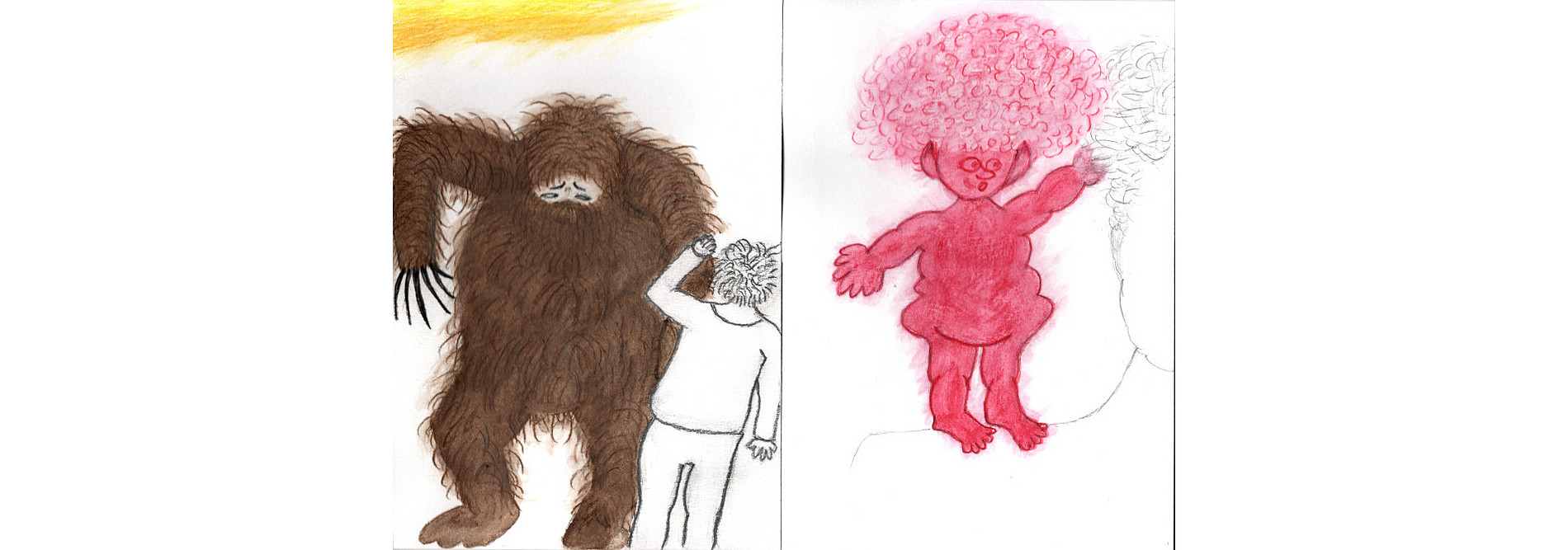Emotion Regulation and Self Regulation
Emotion regulation refers to processes by which our brain modifies the experience and expression of our emotions.
Emotion regulation refers to processes by which our brain modifies the experience and expression of our emotions as well as the degree to which we are affected by the perception of other people's emotions. Self regulation is a broader term that includes emotion regulation as well as additional processes by which the brain modulates immediate behavioural tendencies, in order to enable, for instance, the control of aggressive impulses or addictive behaviour, or the pursuit of more distant goals (e.g., educational goals).
Impairments in emotion regulation and self regulation are present in a range of psychopathologies and may occur in certain phases of life; they are detrimental to well-being and the achievement of personal goals.
Innovative interdisciplinarity
The multidisciplinary research team, which is closely working together in collaborative projects, is composed of researchers from several specialist disciplines of psychology as well as other scientific disciplines. Thereby, entirely novel perspectives and research questions are developed.
Research with heart and brain
The research is characterised by the integration of affective neuroscience, biological psychiatry, behavioural research, and cardiovascular psychophysiology.
In addition to specific behavioural methods (e.g., FACS, behavioural observation, performance assessment, cognitive linguistics) advanced neuroscientific (EEG, fMRI) as well as contemporary cardiovascular methods (ECG, ICG, BP) are employed.
Focus in basic research and application
The group's collaborative research refers to neurobiological foundations and correlates of the capacity for emotion regulation; susceptibility to emotional and social-emotional stimuli and their behavioural impact; the conditions for adaptive mobilisation of effort and the capability for it; behavioural control in emotional contexts.
Basis research in these fields is intertwined with applications in the educational realm (e.g., learning and academic achievement), in the context of personality disorders and neuropsychiatric disorders (e.g., schizophrenia, depression), in the context of biologically and psychologically challenging conditions (e.g., aging, pregnancy).
Current funded projects
- Endorse Creative Harm – Think Creative Harm – Do Creative Harm? Predicting malevolent creativity implementation from idea perception and idea generation. 2024-2027. Funded by the Austrian Science Fund (FWF). PI: Corinna Perchtold-Stefan.
- Dance and Brain. 2024-2026. Funded by the Austrian Science Fund (FWF). PI: Andreas Fink
- The power of imagination: Neural effects of imagined placebo intake. 2023-2025. Funded by Bial Foundation. Project leader: Anne Schienle.
- Horror als kreative Emotionsregulation – Kann „True Crime“ Konsum Frauen dabei helfen, adaptiver mit Angst und Bedrohung im Alltag umzugehen? 2023-2025. Funded by the Province of Styria. PI: Corinna Perchtold-Stefan.
- Mechanisms of learning on the model. 2021-2025. financed by the Austrian Science Fund (FWF). PI: Gayanée Kedia.
Coordinator

Ao.Univ.-Prof. Mag. Dr.rer.nat. Ilona Papousek
+43 316 380 - 5121
Institut für Psychologie
https://psychologie.uni-graz.at/de/biologische-psychologie/team/
